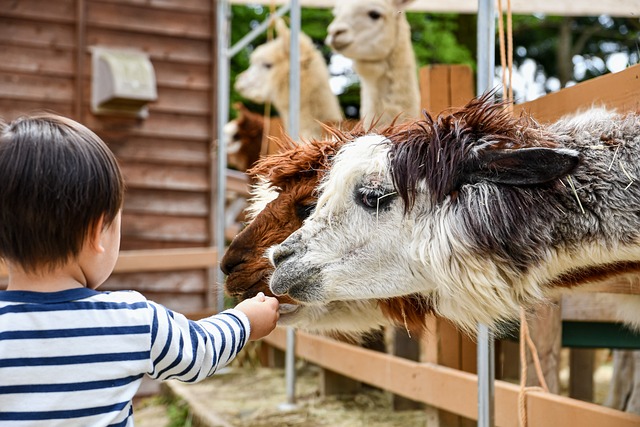Federal inspectors have reportedly uncovered alarming conditions at West Coast Game Park Safari, a roadside zoo in Bandon, Oregon, leading to serious concerns about animal welfare. In an August 2024 inspection, the U.S. Department of Agriculture (USDA) reportedly cited the facility for 19 violations of the federal Animal Welfare Act (AWA), raising urgent questions about the treatment of the over 300 animals housed there.
Among the most disturbing allegations, inspectors found a capybara in a distressing state of neglect, thin with visible ribs and hip bones. It has been alleged that the facility misled inspectors regarding veterinary care, claiming that a veterinarian had been consulted about the animal’s condition—a statement that was apparently refuted when the veterinarian confirmed they had not been contacted.
Other animals were reportedly found in similarly troubling situations. Allegedly, a yak’s coat was matted and infested with flies, while several sheep exhibited similarly dire conditions, which could pose serious health risks like heat stress. The enclosures reportedly featured exposed sharp points that could injure the inhabitants, stirring significant concerns over the park’s operational standards.
Inspectors apparently noted a troubling lack of adequate staff, an issue that has been compounded by the facility’s failure to maintain professional standards of husbandry care. It was suggested that either more employees should be hired or the number of animals reduced to ensure their welfare. Many areas were apparently described as littered with trash, food waste, and feces, creating not only an unattractive environment for visitors but also an unsafe one for the animals.
Perhaps most concerning was the reportedly solitary confinement of George, a male chimpanzee, who has allegedly been deprived of companionship and enrichment since the death of his companion, likely causing him severe psychological distress. Documentation indicated that George was observed facing a wall, a behavior suggestive of distress in highly social creatures.
PETA has since taken action, filing complaints with state law enforcement and the U.S. Department of Justice, suggesting that the treatment of George could infringe upon the Endangered Species Act. Allegations from PETA include potential violations of state laws, as the park reportedly continued to exhibit animals despite its wildlife exhibitor permit expiring.
This isn’t the first time West Coast Game Park Safari has faced scrutiny. Reportedly, the facility has a documented history of violations, including a notorious incident involving the death of a tiger due to inadequate veterinary care and complaints of excessive public interaction with wild animals, including a juvenile bear.
The combination of allegedly dismal living conditions, inadequate care protocols, and a long history of AWA violations paints a bleak picture for the animals at this facility. Advocacy groups continue to urge the public to steer clear of roadside zoos and support reputable sanctuaries committed to animal welfare, emphasizing the urgent need to rehouse creatures like George into environments that respect their social and biological needs.
As public awareness grows, the fate of these animals hangs in the balance, with organizations pushing for a thorough investigation and potential closure of a facility that many experts argue is failing to uphold even the most basic welfare standards.

